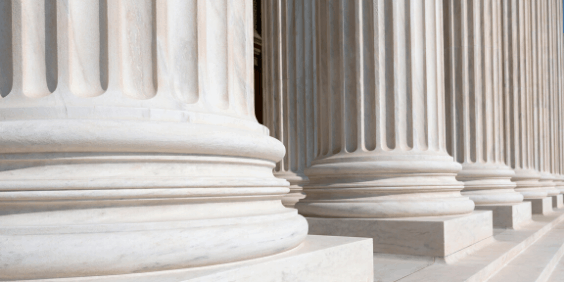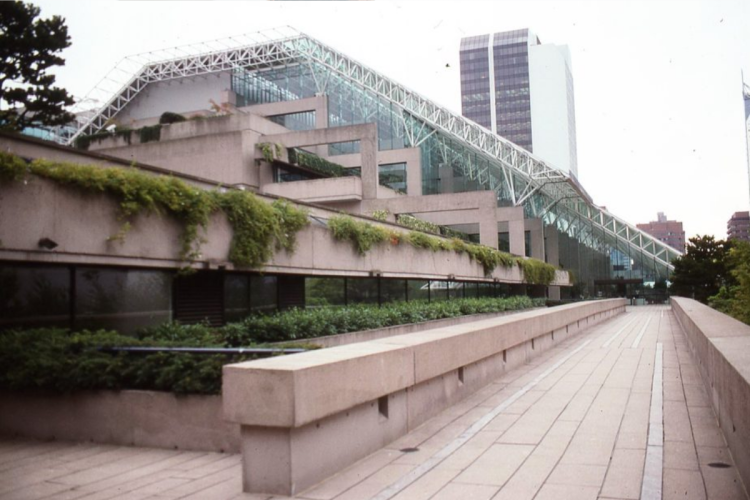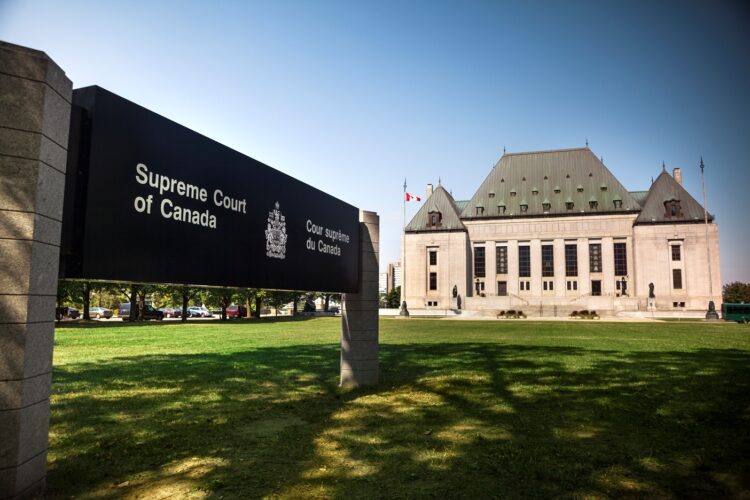Alberta Court of Appeal: Fairness Means Sticking to the Notice

A recent Alberta Court of Appeal case serves as a warning to professional regulatory bodies about the hazards of adding new allegations after a hearing has begun.
Alsaadi v. Alberta College of Pharmacy involves a pharmacist who accessed confidential health records of numerous individuals over an extended period of time without permission. While the pharmacist was being investigated, he approached two of these individuals in an attempt to influence their evidence at his hearing.
The College charged the pharmacist with eight counts of professional misconduct, including a failure to co-operate with the investigation. During the hearing, five new allegations were added. These allegations emerged from the pharmacist attempting to influence potential witnesses during the investigation. The hearing tribunal found the pharmacist guilty on all charges. The pharmacist appealed the decision, arguing that the five new allegations constituted an entirely new complaint that he could not fairly defend himself against. The Complaints Director responded, arguing that these new allegations added further particulars to the existing complaint, and were not a new complaint.
The Alberta Court of Appeal determined that the nature and character of the new allegations were different enough from the original complaint to make them new complaints. As a result, the requirement of procedural fairness required that the tribunal process the five new allegations as a separate complaint as set out in the Health Professions Act. The Court commented that amending the notice of hearing to add the new complaints to the existing hearing unfairly circumvented this process.
The Court noted that while misleading a tribunal or giving false evidence is always unacceptable, a member should not have to face charges about how they conduct their defence in the middle of a hearing. Those charges should be the subject of a new complaint process and a new hearing.
This decision confirms that a professional may not be found guilty on matters other than those specifically set out in the notice of hearing. Professionals are entitled to know what wrongdoing allegations they face to ensure they have the opportunity to fully and fairly defend themselves at the hearing. If a tribunal becomes aware of new misconduct during the hearing, it should review the governing legislation for guidance. If that legislation is silent, they are bound by procedural fairness to only hear the allegations found in the notice of hearing.
Note: This article is of a general nature only and is not exhaustive of all possible legal rights or remedies. In addition, laws may change over time and should be interpreted only in the context of particular circumstances such that these materials are not intended to be relied upon or taken as legal advice or opinion. Readers should consult a legal professional for specific advice in any particular situation.




